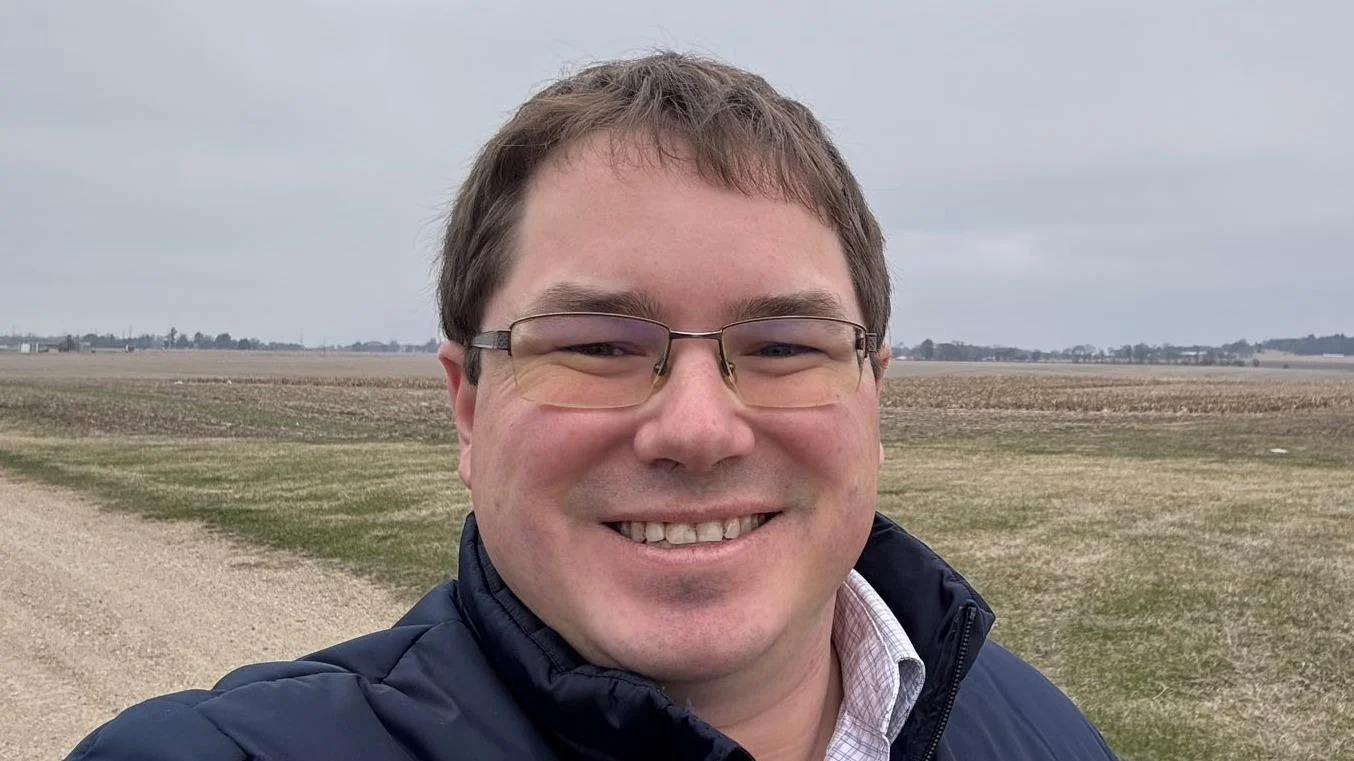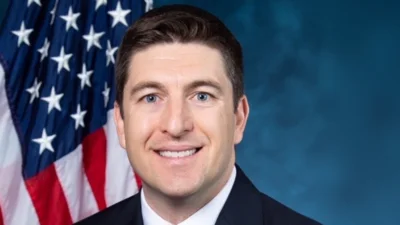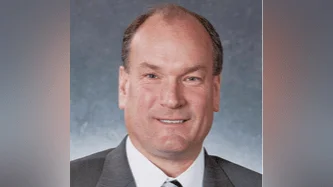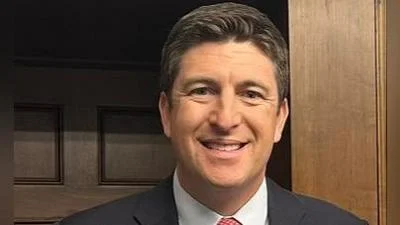Mark Spreitzer, Illinois State Senator for 15th District | www.facebook.com
Mark Spreitzer, Illinois State Senator for 15th District | www.facebook.com
According to the Wisconsin State Legislature's official website, the bill was described as follows: "property tax exemption for nonprofit theaters. (FE)".
The following is our breakdown, based on the actual bill text, and may include interpretation to clarify its provisions.
In essence, this bill modifies the property tax exemption criteria for nonprofit theater organizations. Previously, the exemption applied only to outdoor theaters with a seating capacity of at least 400, requiring the organization's federal tax-exempt status to be confirmed by the IRS by July 31, 1969. The revised criteria expand the exemption to include both indoor and outdoor theaters with a minimum seating capacity of 240, with the IRS confirmation date moved to no later than Oct. 1, 1990. This change aims to broaden the eligibility for nonprofit theaters to benefit from property tax exemptions, effective for assessments beginning Jan. 1, 2025.
The bill was co-authored by Representative Joel Kitchens (Republican-1st District) and Senator Chris Larson (Democrat-7th District). It was co-sponsored by Representative Jill Billings (Democrat-95th District), Representative Brienne Brown (Democrat-43rd District), and Representative Cindi Duchow (Republican-97th District), along with seven other co-sponsors.
Mark Spreitzer has authored or co-authored another 46 bills since the beginning of the 2025 session, with none of them being enacted.
Spreitzer graduated from Beloit College in 2009 with a BA.
Spreitzer, a Democrat, was elected to the Wisconsin State Senate in 2023 to represent the state's 15th Senate district, replacing previous state senator Janis Ringhand.
In Wisconsin, the legislative process starts when a senator, constituent, group, or agency proposes an idea for a bill. After drafting, the bill is introduced, numbered, and referred to a committee for review and public input. If approved, it moves through three readings and votes in both the Senate and Assembly. Once both chambers pass the same version, the bill goes to the governor, who can sign it, veto it, or let it become law without a signature. Only a small share of bills introduced each session ultimately become law. You can learn more about the Wisconsin legislative process here.
| Bill Number | Date Introduced | Short Description |
|---|---|---|
| SB185 | 04/14/2025 | Property tax exemption for nonprofit theaters. (FE) |
| SB149 | 03/21/2025 | Requiring the legislature to convene an extraordinary session if an executive order of the president of the United States freezes federal aid to the state |
| SB60 | 02/21/2025 | Expanding the homestead income tax credit. (FE) |
| SB26 | 02/05/2025 | Technical colleges’ lease of their facilities to others. (FE) |
| SB20 | 02/05/2025 | Allowing certain married persons to claim the earned income tax credit when filing a separate return. (FE) |





 Alerts Sign-up
Alerts Sign-up